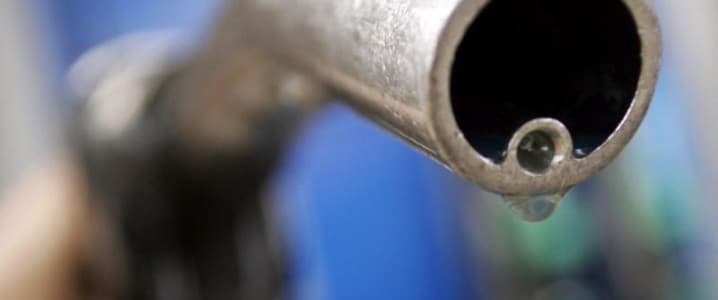New President Vows to End Bolivia’s Energy Crisis
Rodrigo Paz, the centrist senator who won the presidential election in Bolivia last month, was sworn in this weekend and immediately set to work to undo the policies of 20 years of nearly-uninterrupted socialist rule.
In the first round of the presidential election on 17 August, the left-wing Movimiento al Socialismo (MAS) suffered a historic defeat after nearly two decades in power. MAS nominee Eduardo del Castillo won only about 3% of the vote, while right-leaning Quiroga secured 27% and the more centrist Paz won 32%.
Paz, who defeated conservative former president Jorge Quiroga in the run-off, is looking to reform the fuel subsidies policy and address chronic fuel shortages to repair Bolivia’s public finances.
Under the socialist rule of Evo Morales, Bolivia saw its energy industry nationalized and generous fuel subsidies paid out for years. These policies resulted in plunging natural gas production, dwindling foreign exchange reserves, a massive economic crisis, and fuel shortages as cheaper fuel in Bolivia encouraged smuggling en masse to neighboring South American countries.
Related: Argentina’s Vaca Muerta Shale Is Smashing Oil Production Records in 2025
The universal fuel subsidy has depleted Bolivia’s U.S. dollar reserves, thus diminishing the country’s ability to import fuels.
This vicious circle created fuel shortages and a deep economic crisis, which voters rejected in the elections and stripped the socialist movement of the right to rule any longer.
Newly sworn-in President Paz faces the difficult task of repairing public finances, lifting the country out of the crisis, and ending the universal subsidy that hasn’t benefited the economy or households.
The International Monetary Fund (IMF) projects economic growth in Bolivia at a meager 0.6% this year, with inflation running at a massive 20.8%.
In June this year, ahead of the elections, the IMF noted that Bolivia’s real GDP growth has moderated, driven by a decline in oil and gas production, a slowdown in services activity, and a drop in soy crops and related manufacturing due to “El Niño” effects.
“The macro-economic outlook under current policies is unsustainable, and the risks of a balance of payments and fiscal crisis are rising,” the IMF said.
“Usable foreign exchange reserves are expected to remain close to zero—even if the central bank is able to liquefy its remaining gold reserves through collateralized borrowing, as envisaged in the 2025 budget—and a range of potential external or domestic shocks could trigger capital outflows, a faster depreciation of the parallel exchange rate, higher inflation, reduced growth and, ultimately, a disorderly adjustment.”



Leave a Comment
Your email address will not be published. Required fields are marked *